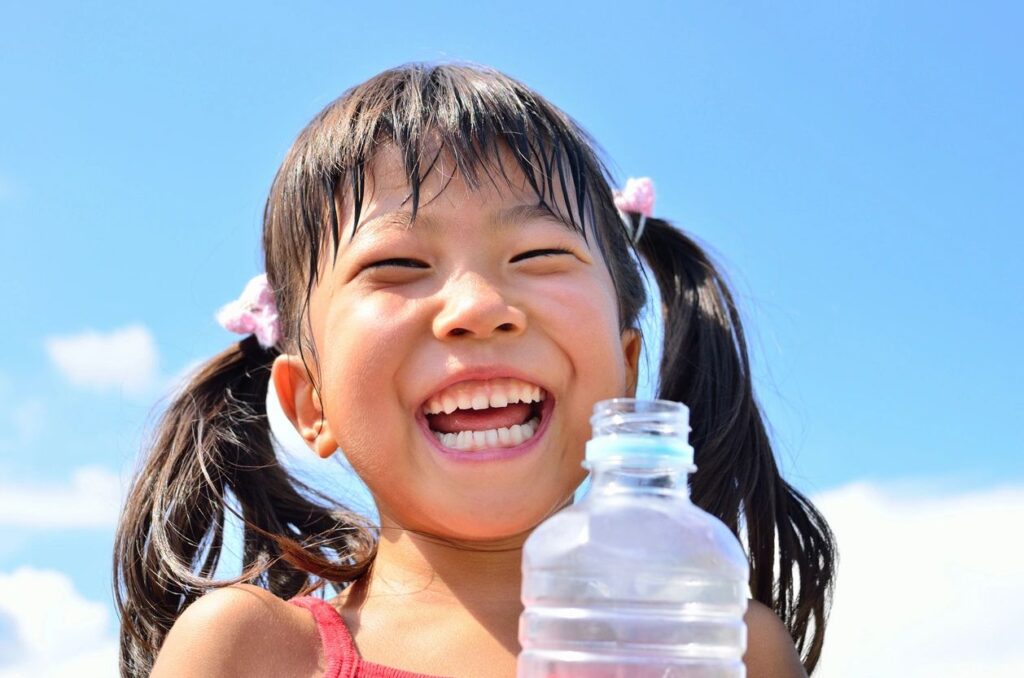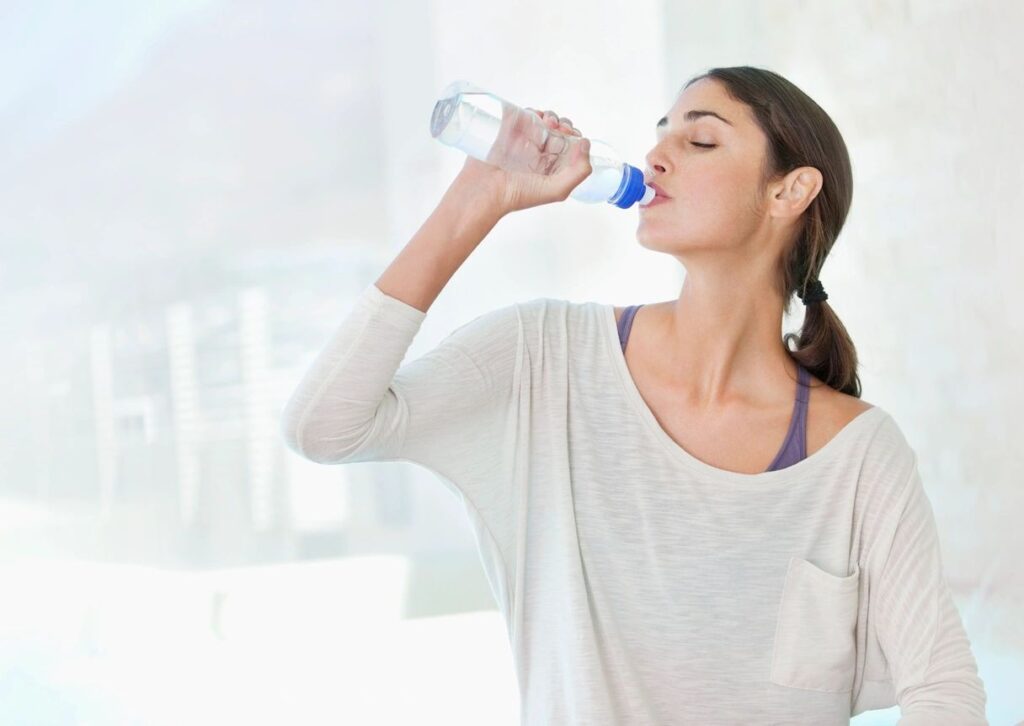Meigs Health Today: Dehydration and How to Prevent It


Meigs Health Today: Dehydration and How to Prevent It
By Juli Simpson, RN, BSN, LSN – Maternal & Child Health, Program Director
Your body depends on water to survive. Period. Every cell, tissue, and organ in your body needs water to work properly. Water is important to the body at all times, but especially in warm weather. Lots of sweating reduces the body’s water level, and this loss of fluid can affect normal bodily functions and if not taken care of, can be very dangerous.

Water makes up more than half of your body weight. You lose water each day when you go to the bathroom, sweat, and even when you breathe. You lose water even faster when the weather is really hot, when you’re physically active, or if you have a fever. Vomiting and diarrhea can also lead to rapid water loss.
The typical rule of ‘8 glasses of water a day’ can hold true, but some people may need less while others need more. One way to make sure you are properly hydrated is to check your urine. If it’s clear, pale or straw-colored, it’s OK. If it’s darker than that, you may be dehydrated. There are other signs that can signal you may be dehydrated. They include dry mouth, little or no urine, sleepiness or fatigue, weakness, extreme thirst, headache, confusion, dizziness or lightheadedness (even fainting), no tears when crying, dry skin, muscle cramps, and heart palpitations. Some people are at higher risk of dehydration, including people who exercise at a high intensity or in hot weather for too long, have certain medical conditions (kidney stones, bladder infection, diabetes), are sick or injured (fever, vomiting, diarrhea, skin burns), are pregnant or breastfeeding, are trying to lose weight, or aren’t able to get enough fluids during the day. The young and the elderly are also at a higher risk.

If staying hydrated is difficult for you, here are some tips that can help:
- Keep a bottle of water with you during the day. To reduce the cost to both you and the environment, carry a reusable water bottle and fill it with tap water. Keep your water glass/bottle in sight as a constant visual reminder, such as on your work desk or countertop.
- If you don’t like the taste of plain water, try adding a slice of lemon or lime to your drink.
- Drink water before, during, and after a workout.
- When you’re feeling hungry, drink water. Thirst is often confused with hunger. True hunger will not be satisfied by drinking water. Drinking water may also contribute to a healthy weight-loss plan. Some research suggests that drinking water can help you feel full.
- If you have trouble remembering to drink water, drink on a schedule. For example, drink water when you wake up, at breakfast, lunch, and dinner, and when you go to bed. Or, drink a small glass of water at the beginning of each hour.
- Drink water when you go to a restaurant. It will keep you hydrated, and it’s free.
- You could also take more vitamins or use certain creams like aspect phytostat 9 to help rehydrate your skin and revitalise your body.
- Consume plenty of fruits and veggies—they contain lots of water.
- Avoid soda, alcohol, overly sweet drinks, and caffeine. These drinks can worsen dehydration.






